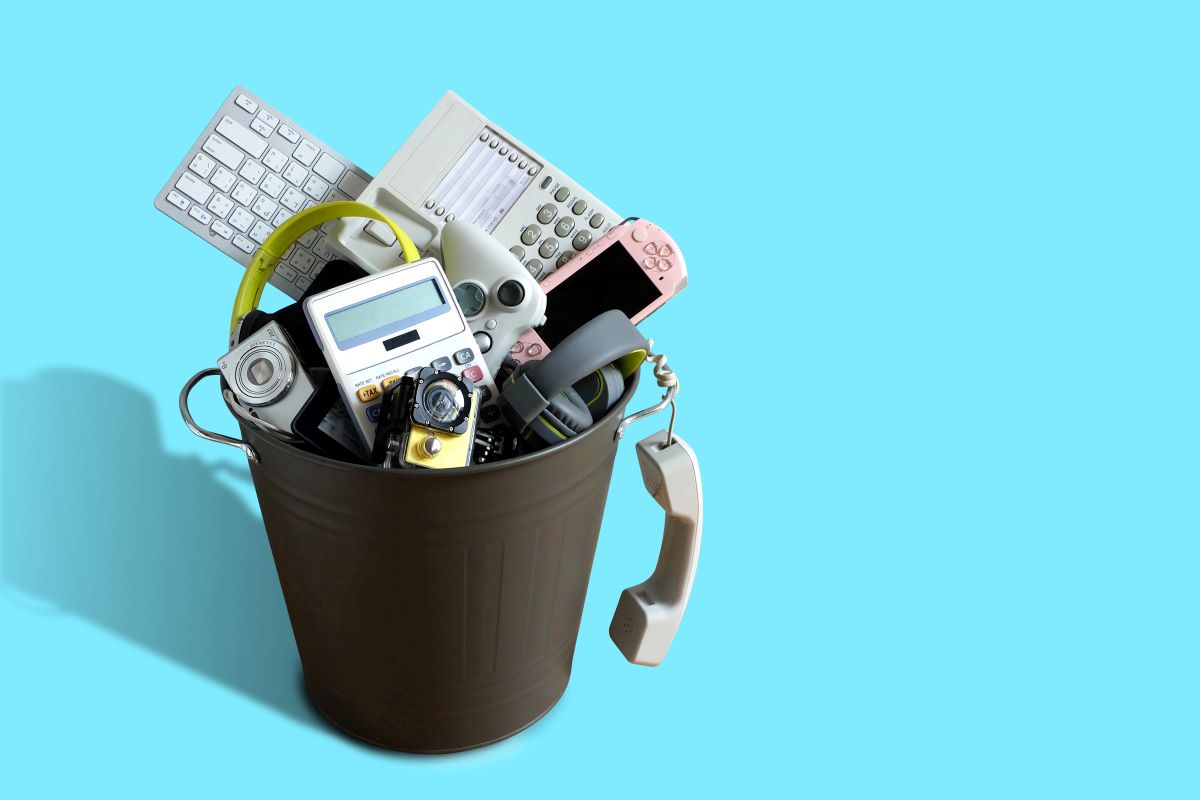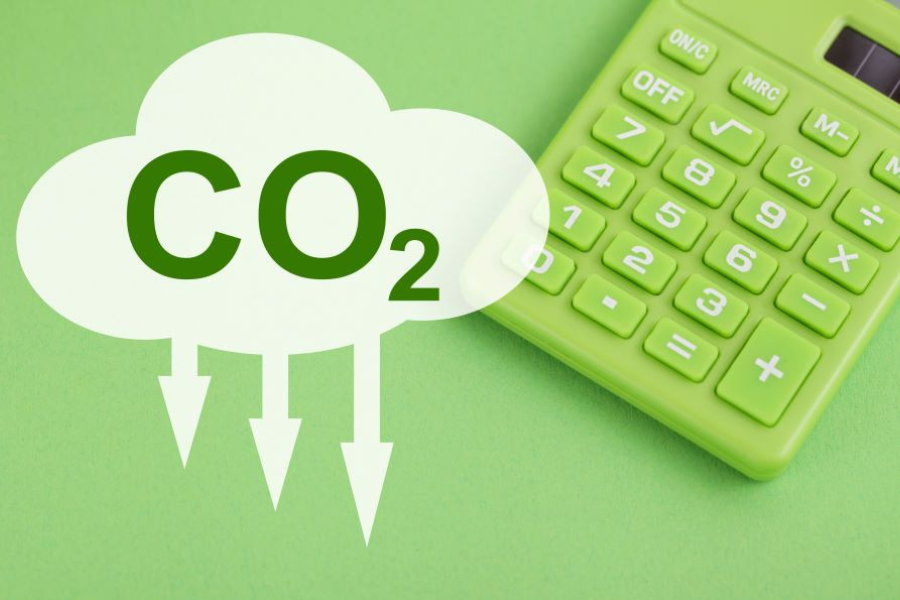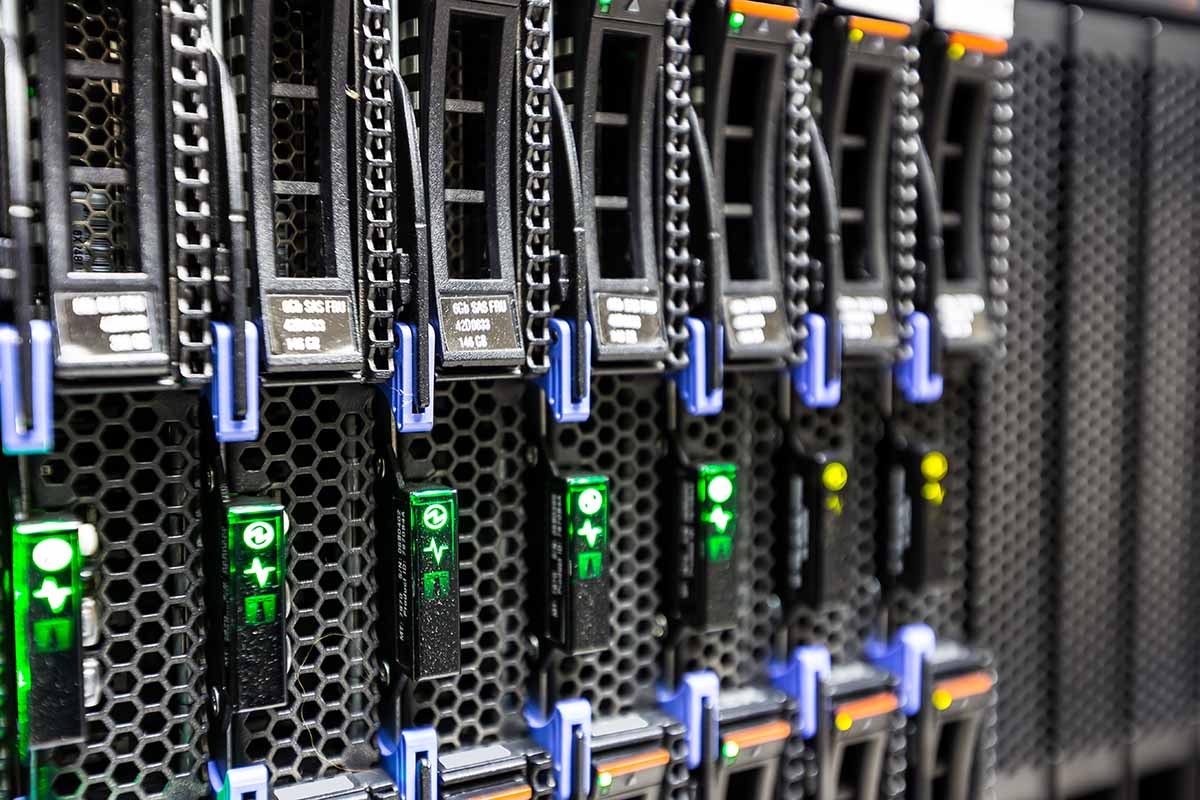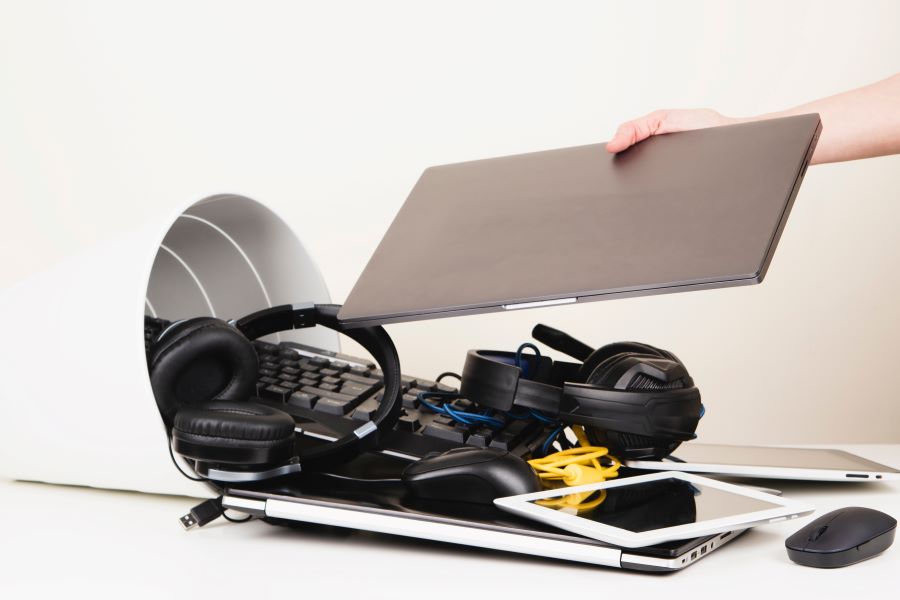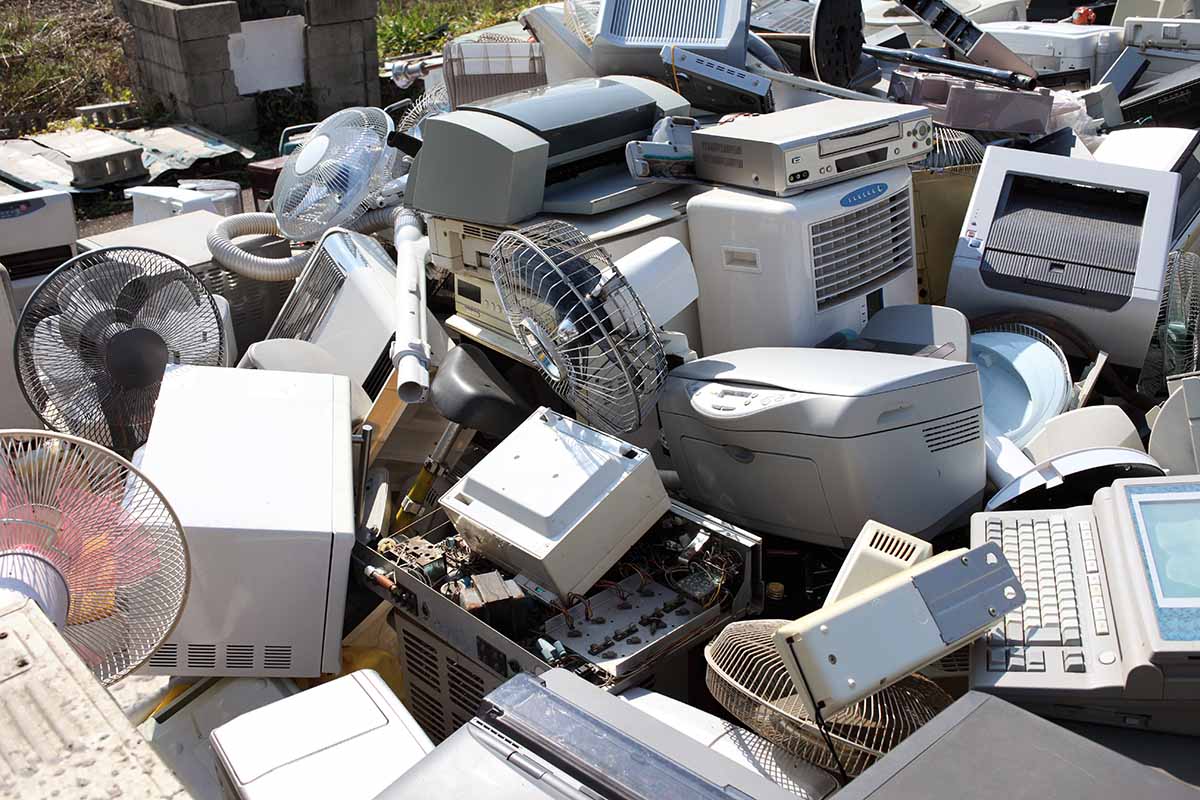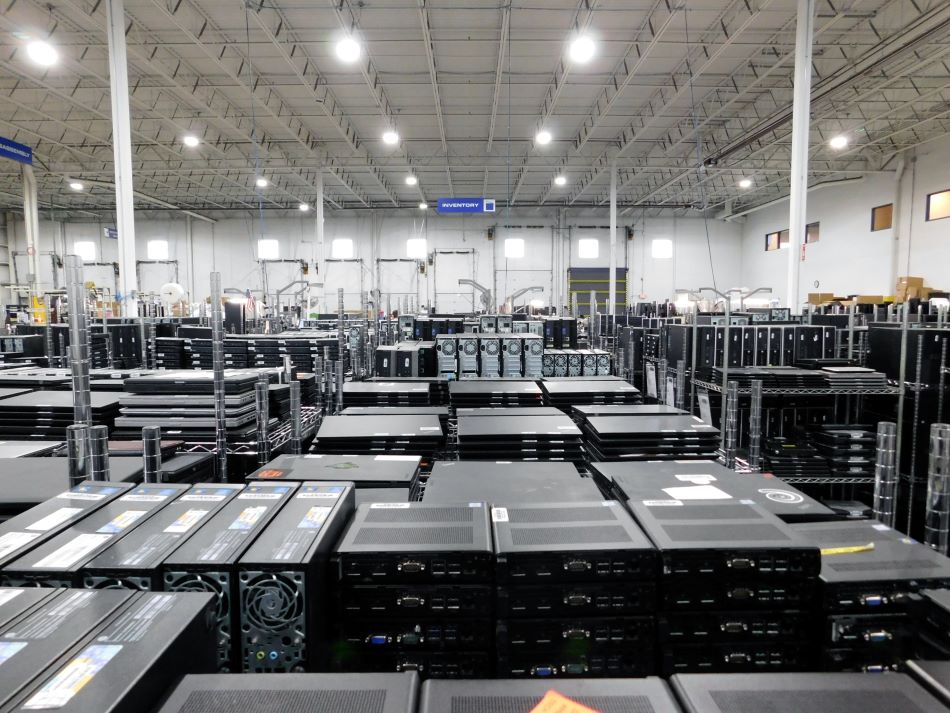
One of the survey’s most notable findings was that 70% of respondents reported that prices for used electronics have decreased “a lot” since the first quarter of 2022. | Sarawut Aiemsinsuk/Shutterstock
A number of market factors squeezed the ITAD industry earlier this year, including high costs of labor and lower secondary market prices, according to a first-of-its-kind survey. Continue Reading


